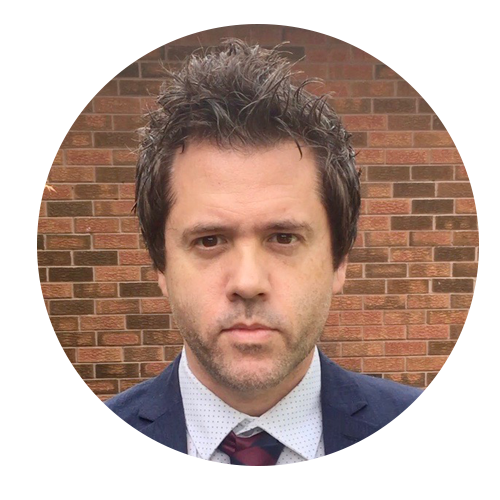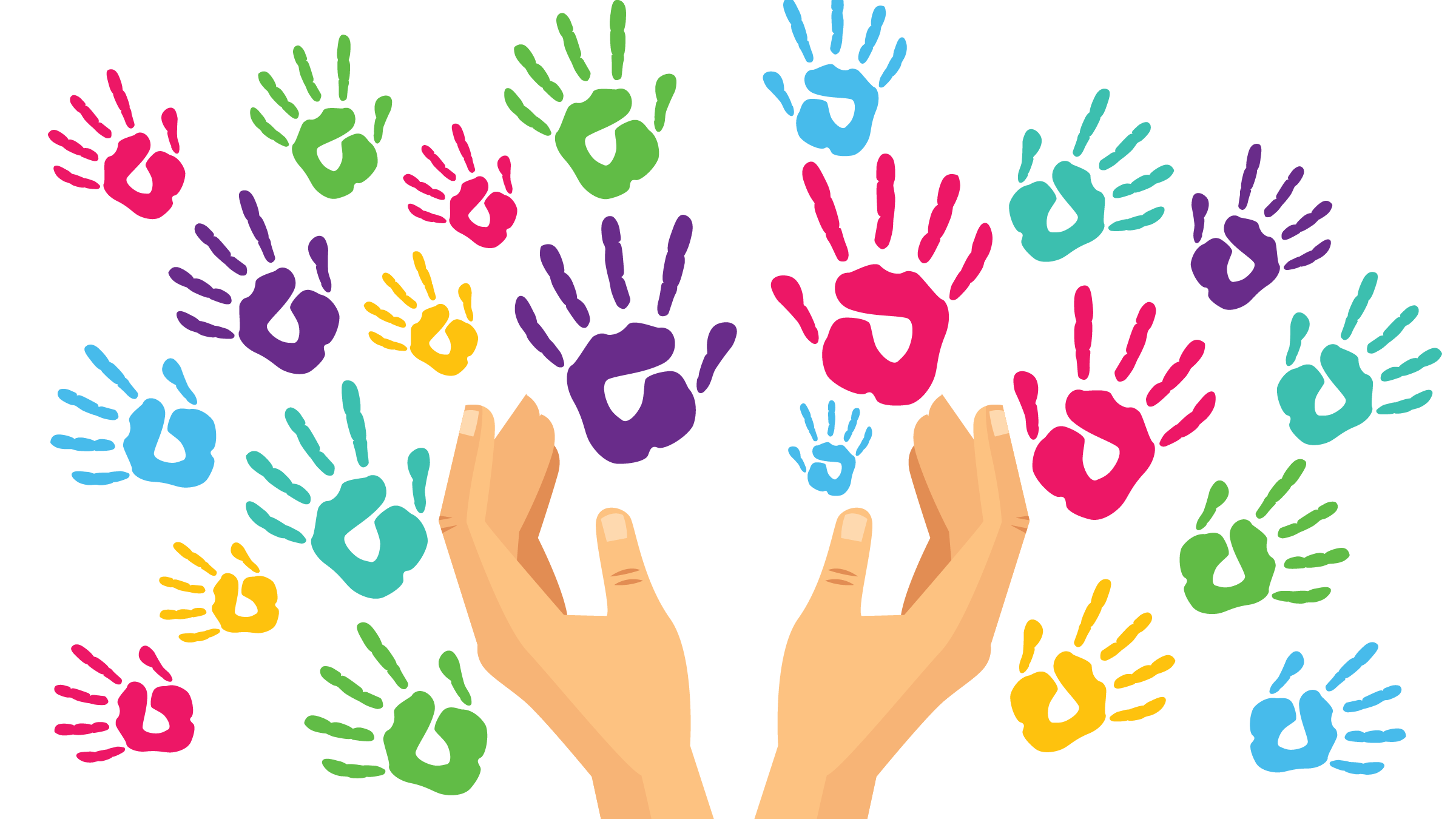A Time to Heal: Finding Ourselves Through Community Compassion

By Dan Walters
Experiential Learning Coordinator
June 8, 2020
There is no power for change greater than a community discovering what it cares about.
-Margaret J. Wheatley
This is a special time of year, as it usually represents an opportunity to press pause, celebrate, and reflect upon our individual and collective accomplishments. But this is 2020. With each passing moment, the pandemic is wedging a greater social and economic divide between those who have sustainable access to resources and those who do not. In other words, neighbourhoods with lower income status and greater residential instability are getting hit the hardest—and the accompanying proliferation of racism, injustice, and violence serves as a crucible moment for our University to decide what kind of role it wants to play in the healing of its surrounding communities.
 I feel particularly indebted to our community partners and the people they support. Many of our partner-organizations from the nonprofit sector rely heavily on fundraising and other traditional forms of stakeholder engagement. With most public events being postponed and cancelled, our partners’ capacity to sustain operations has become drastically limited. Nearly 75 per cent of nonprofits in Ontario have experienced a reduction of revenues from fundraising activities, while 91 per cent are enduring a disruption in service to clients and community (Ontario Nonprofit Network Survey). To be clear, we are talking about a seismic disturbance to our most vulnerable populations and nonprofit subsectors: Indigenous Peoples, Women, Victims of Intimate Partner Relationship Violence, Racialized Minorities, Arts and Culture, Food Security, Housing Services, Disability Services, Community Health, Elderly, Children and Youth, Developmental Services, LGBTQ, Newcomers/Immigration Services, and Mental Health Supports.
I feel particularly indebted to our community partners and the people they support. Many of our partner-organizations from the nonprofit sector rely heavily on fundraising and other traditional forms of stakeholder engagement. With most public events being postponed and cancelled, our partners’ capacity to sustain operations has become drastically limited. Nearly 75 per cent of nonprofits in Ontario have experienced a reduction of revenues from fundraising activities, while 91 per cent are enduring a disruption in service to clients and community (Ontario Nonprofit Network Survey). To be clear, we are talking about a seismic disturbance to our most vulnerable populations and nonprofit subsectors: Indigenous Peoples, Women, Victims of Intimate Partner Relationship Violence, Racialized Minorities, Arts and Culture, Food Security, Housing Services, Disability Services, Community Health, Elderly, Children and Youth, Developmental Services, LGBTQ, Newcomers/Immigration Services, and Mental Health Supports.
In April, our Dean and Experiential Learning Office reached out to over 350 partner-organizations to ask how we can help (not so much as magic-wielding experts—but, rather, as compassionate community partners). The respondents maintained a positive tone yet expressed a gut-wrenching cacophony of heartbreak, panic, and uncertainty. Some organizations can no longer pay their staff (many of whom continue to volunteer anyway), while some are in shambles because their participants are returning to environments of abuse, addictions, violence, and food insecurity. And despite these horrific setbacks, every agency remains laser-focused on providing a gust of wind in the sails of the most marginalized, oppressed, and underserved members of our community. I admire their bravery and leadership.
Upon gathering and collating our community partners’ feedback, a handful of Faculty members immediately offered their support by way of research, program evaluation, and a slew of other creative collaborations. So far, professors are volunteering with communication strategies, digital programming, outreach, and the re-imagination of community space. It’s corny to admit, but I am proud of their responsiveness, ingenuity, and unwavering commitment to social justice and community wellness.
Our Experiential Learning Office just completed one-on-one interviews with incoming Fall Practicum students and many of them expressed an interest in helping partner-organizations manage the pandemic. Truly, I am humbled by their positivity. Ontario Tech University aims to cultivate creativity, adaptability, and flexibility in our students. Well—this is it.
Several recent grads have also asked to play a role in our community partners’ recovery strategy. There have been many touching moments during my tenure at this University (Let Them Be Kids, End the Silence Against Violence, Wrongful Conviction Day, etc.), but this recent example of student-driven altruism has me all choked up. Our grads—who, themselves, are enduring the stress, trauma, and uncertainty of the crisis—are fully invested in the prosperity of our surrounding communities. They are the most worthy armature of our social justice underpinnings.
So where am I heading with this? Although it might be tempting to go for the easy win by doubling down on deep-pocketed industries that can weather the storm (hint: they will), I believe we can be so much more than that. Our University’s legacy can, and will, be measured by how well we support our most disadvantaged communities. In all likelihood, we might need to obliterate traditional structures and divisions in order to get there. I envision a groundswell of creative collaborations between multiple faculties, Durham College, Trent University Durham GTA, and a variety of external partners. In many ways, these pathways already exist (like TeachingCity Oshawa).
My hope with this article is to paint a more fulsome picture of the social, political, and economic disparities in our partnering communities. Undoubtedly, this university contains the special ingredients to help our nonprofit partners regain their footing and fortify for the future; and on that note, I am confident that we can become the best version of ourselves through this crisis. I don’t know how or when we will get there—but I certainly know why.